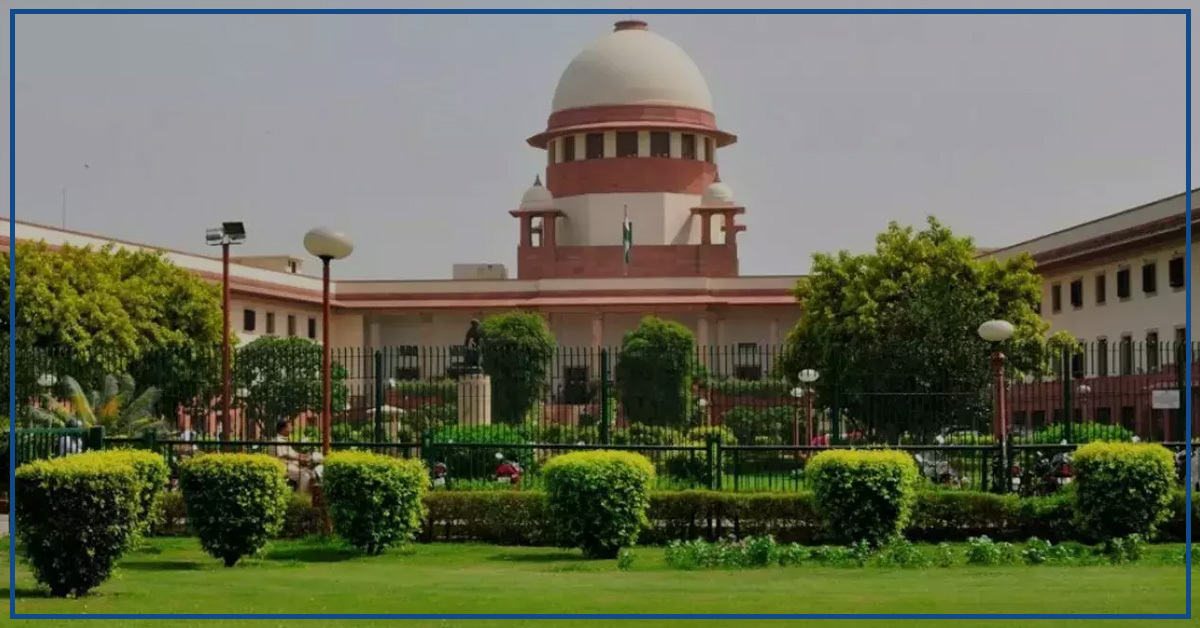India’s Supreme Court has posed important questions to the government led by Prime Minister Narendra Modi regarding the restoration of special status in Kashmir. According to reports from Indian media, the court inquired about a specific timeline and a clear plan for the reinstatement of this special status. This status had previously allowed people from other parts of India to purchase property and settle in Kashmir permanently.
The Chief Justice of India, DY Chandrachud, addressed Solicitor General Tushar Mehta, emphasizing the significance of national security while also seeking clarification on whether there is a defined timeframe and roadmap for this restoration. Mehta is representing both the Indian government and the administration of Kashmir.
It’s worth noting that the move to allow outsiders to settle in Kashmir had been criticized by Kashmiris, international organizations, and opponents of India’s Hindu nationalist-led government. Critics viewed it as an attempt to alter the demographics of Muslim-majority Kashmir with Hindu settlers.

During the proceedings, Justice Chandrachud also raised the question of whether the Indian parliament should have the authority to convert a state into a union territory temporarily, considering national security concerns. Currently, Jammu and Kashmir is a union territory, although this status is not permanent, while Ladakh remains a union territory. Mehta mentioned that a comprehensive statement on this matter would be made on Thursday after discussions with government officials.
Attorney General R Venkatramani argued in court that Article 370, which granted special status to the region, represented the final step in integrating the former state of Jammu and Kashmir into the Indian union.
Mehta informed the court that a “positive” statement regarding the restoration of Kashmir’s status could be expected by August 31, following a high-level meeting.
The Supreme Court emphasized the importance of restoring democracy in the region, with the solicitor general concluding his arguments for the day.
Overall, the Supreme Court’s inquiry and discussions revolve around the complex and sensitive issue of Kashmir’s special status and its implications for national security and the rights of its residents.





